Disposable Protective Mask Suppliers
Eray MedTech Face Masks - Breathe Safe, Stay Protected
Advanced Protection · Comfortable Fit · Planet Friendly
Features multi-layer filtration to block airborne particles, bacteria, viruses, and pollutants.
Prioritizes comfort with soft elastic ear loops and an adjustable nose clip for a secure, pressure-free fit.
Crafted from biodegradable materials to minimize environmental impact.
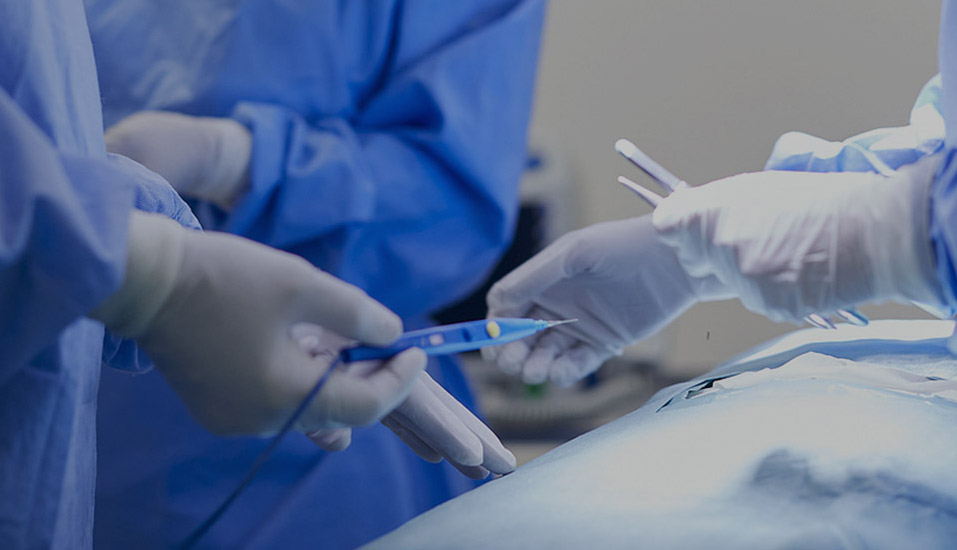
With a building area of 20,310 square metres, the company has a class 100,000 purified production workshop, a class 10,000 microbiology testing room, a local class 100 physical and chemical laboratory, and a standardised storage system for raw materials and finished products.
Since the initial batch of products were launched in 2013, Eray has continuously enriched its product categories. Our products have covered protective masks, nursing consumables, sensory control consumables, surgical instruments, providing safe, efficient and environmentally friendly disposable medical solutions for medical institutions worldwide.
As a professional OEM Disposable Protective Mask Suppliers and ODM Disposable Face Masks Factory, The company has passed ISO 13485 and other quality system certifications, and some of its products have obtained CE certification and FDA filing permits, and has established long-term cooperative relationships with many domestic and foreign medical institutions and distributors.
-
Feb 27. 2026
Can Optical Trocars Reduce the Risk of Organ Injury?Optical Trocars Significantly Reduce Organ Injury Risk Yes, optical trocars can significantly reduce the risk of organ injury during laparoscopic surgery by allowing surgeons to visualize tissue layers in real time as the instrument passes through the abdominal wall. Unlike blin...
Read More -
Feb 20. 2026
What is an Optical Trocar and Why is it Essential in Medical Procedures?What is an Optical Trocar and Why is it Essential in Medical Procedures? An optical trocar is a specialized surgical instrument used primarily in minimally invasive procedures. It combines the functions of a trocar and a visual scope, allowing surgeons to create an access point ...
Read More -
Feb 13. 2026
What Are the Common Problems With Medical Trocars and How to Avoid Them?What Are the Most Common Problems With Medical Trocars? The most common problems with medical trocars include insertion injuries, gas leakage, dull blades, instability, and contamination risks. These issues can compromise surgical safety, increase operating time, and raise posto...
Read More
Protective masks play an irreplaceable role in protecting people's health. Whether combating air pollution, pollen allergies, or preventing the spread of viruses, masks have become an essential item for daily travel. Their core function is to filter out harmful airborne particles such as dust, bacteria, viruses, and smog, thereby reducing their potential harm to the human body. Especially during flu season or public health events, properly wearing a mask can significantly reduce the risk of infection, providing dual protection for both the individual and others.
The characteristics of protective masks are primarily reflected in their materials and design. High-quality masks typically feature a multi-layer construction. A waterproof non-woven outer layer blocks droplets and large particles; a meltblown middle layer provides electrostatic absorption and effectively filters fine particles; and a skin-friendly inner layer provides comfort. Many masks also feature an adjustable nose clip to ensure a secure fit and prevent air leaks. Additionally, some masks feature an exhalation valve to reduce the feeling of stuffiness during wear, making them suitable for extended wear. With technological advancements, some masks have also incorporated antibacterial and deodorizing features, further enhancing protection and user experience.
When using a protective mask, there are key considerations to ensure its effectiveness. First, choose a mask that meets national standards, such as a surgical mask or KN95 mask, and avoid inferior products. Clean your hands before wearing, ensure the mask covers your mouth, nose, and chin, and secure the nose clip to your face. If the mask becomes wet or contaminated, it should be replaced promptly and should not be reused. Avoid touching the outer layer of the mask when removing it, and properly dispose of or wash it (if it's a reusable type) after removal. Furthermore, while masks can provide protection, they cannot completely replace other epidemic prevention measures, such as frequent handwashing and maintaining social distance. Comprehensive protection is more effective in protecting health.
Proper filtering performance and ease of use make protective masks a crucial tool for health protection. Choosing and using a mask correctly not only protects you but also contributes to public health. During special times or in polluted environments, carrying a mask and practicing good protective habits is a sign of responsibility to yourself and society.



 English
English Español
Español Français
Français


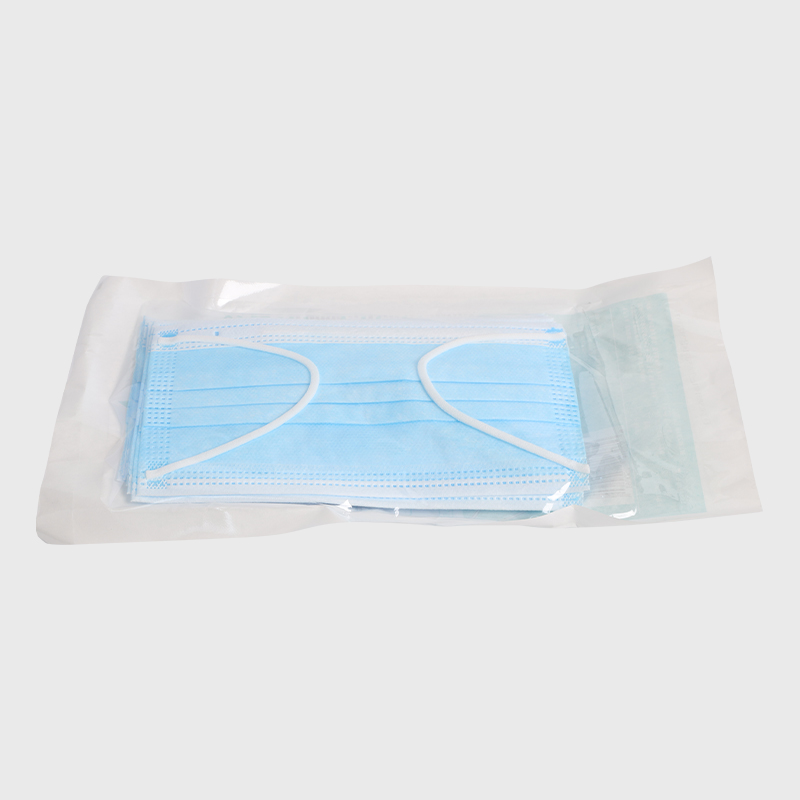

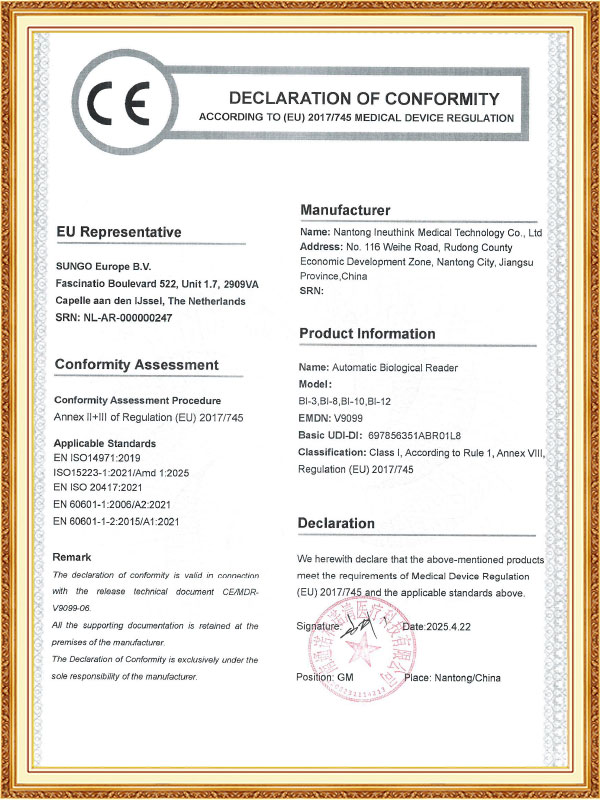
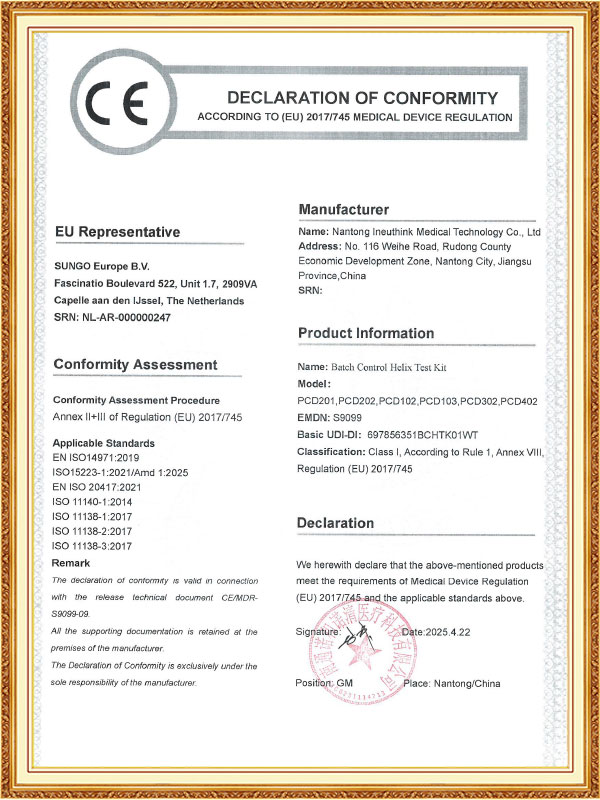
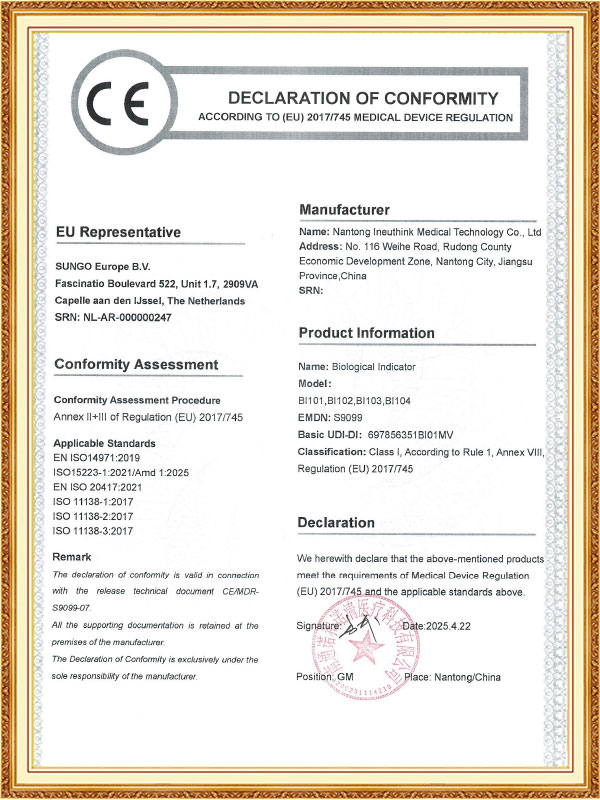
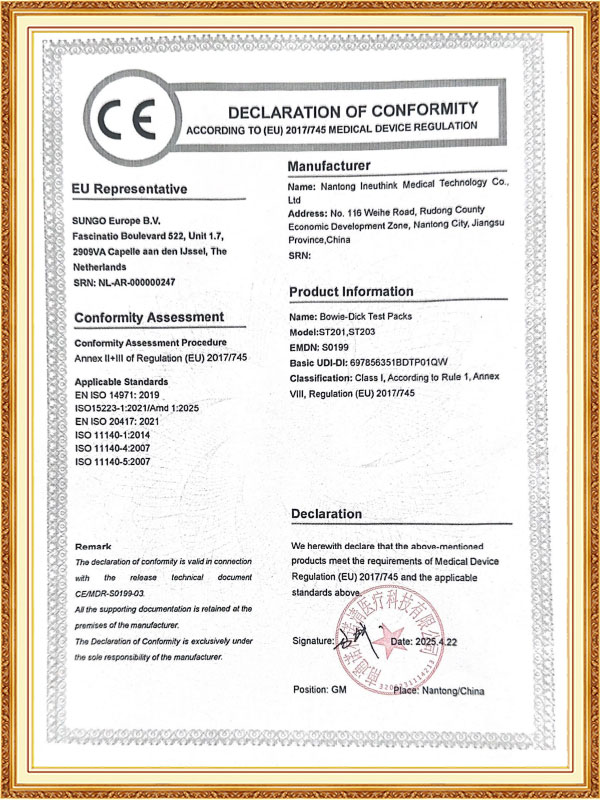
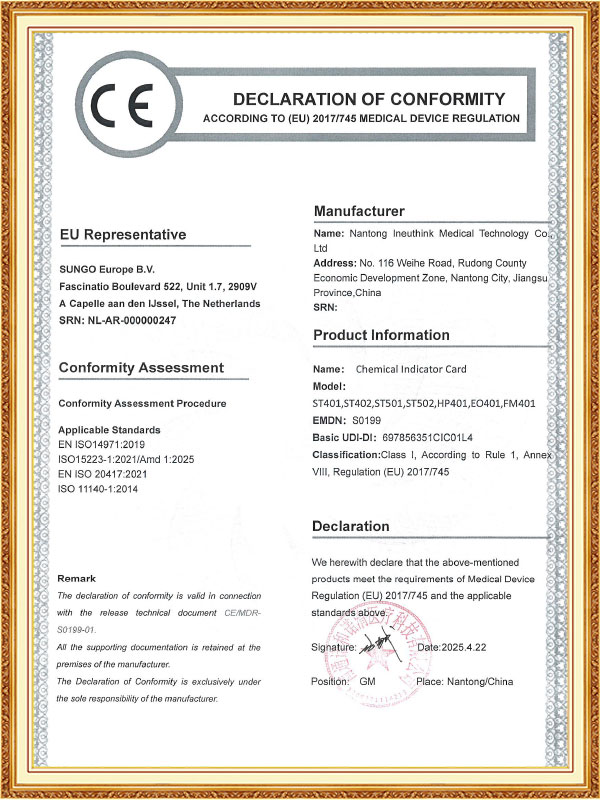
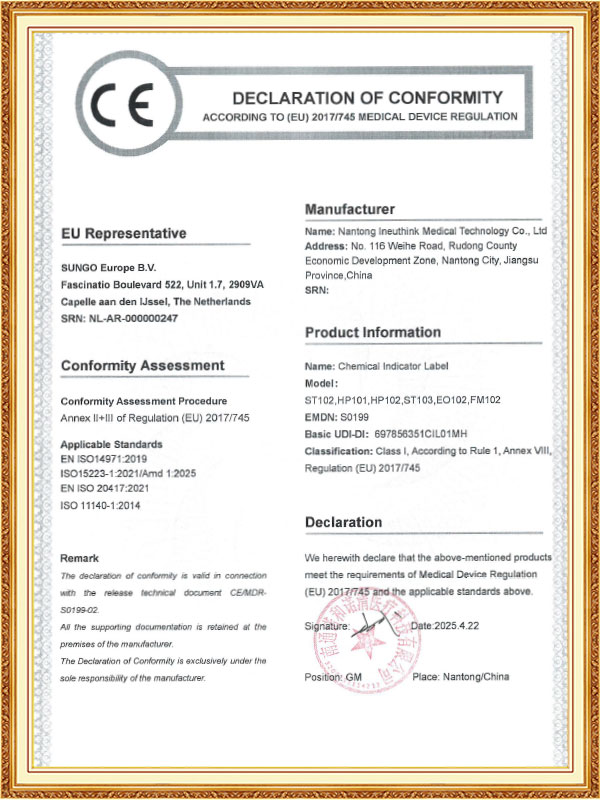
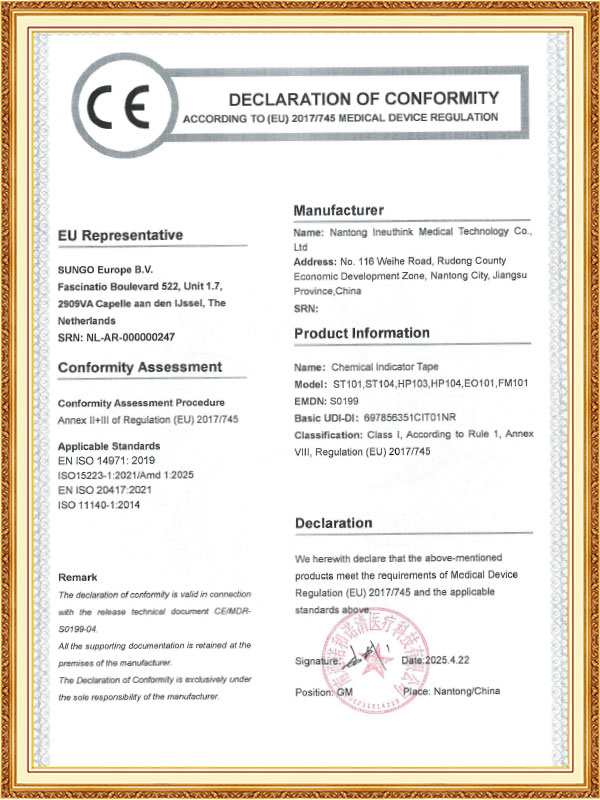
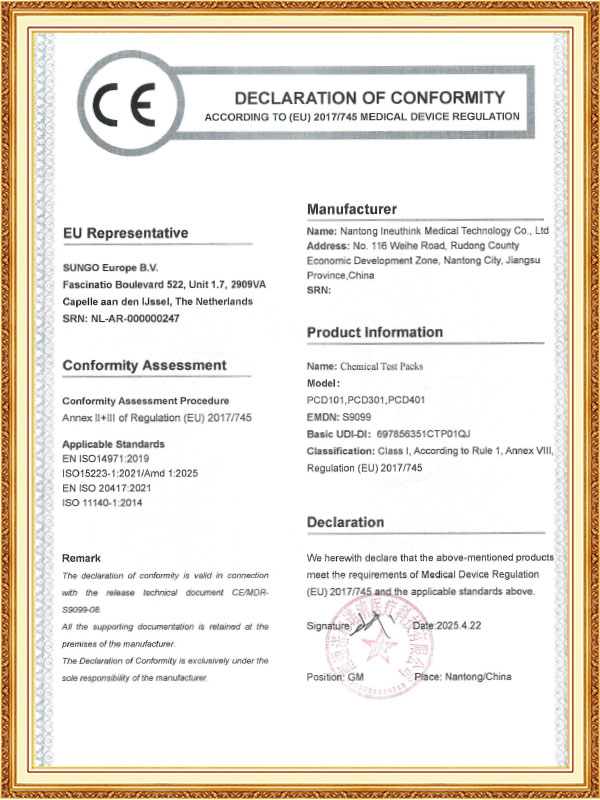
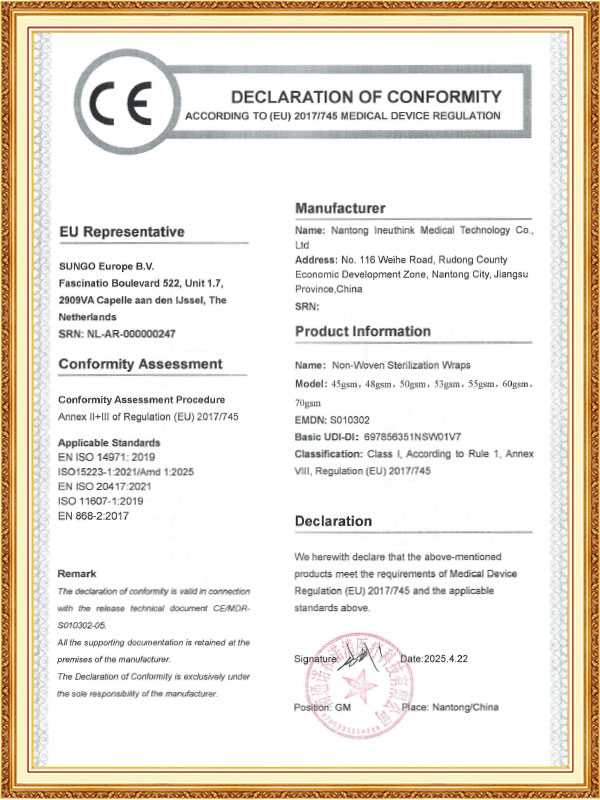







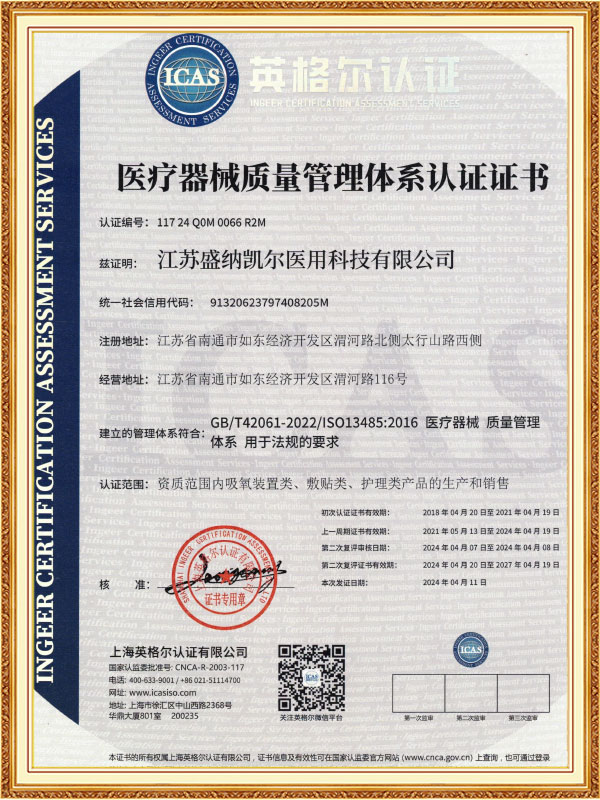
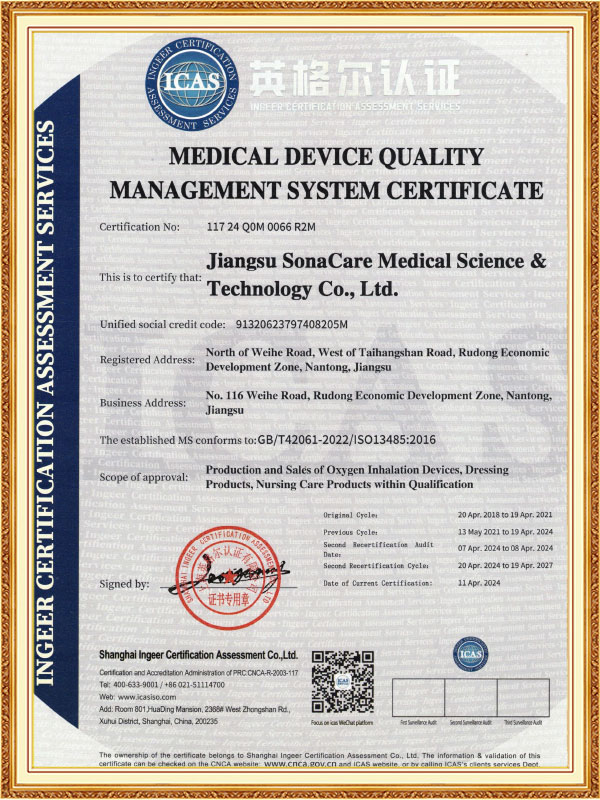



 CONTACT US
CONTACT US